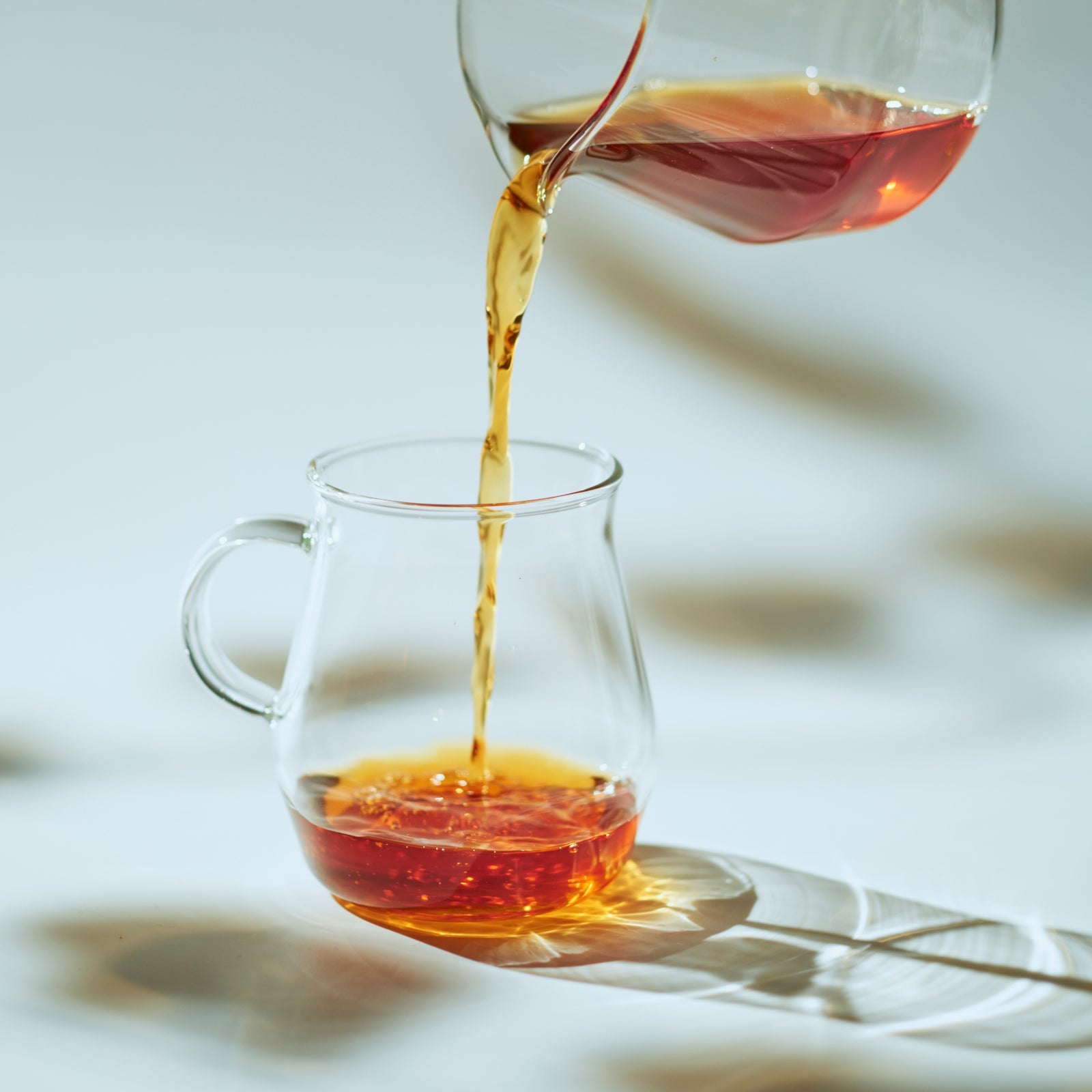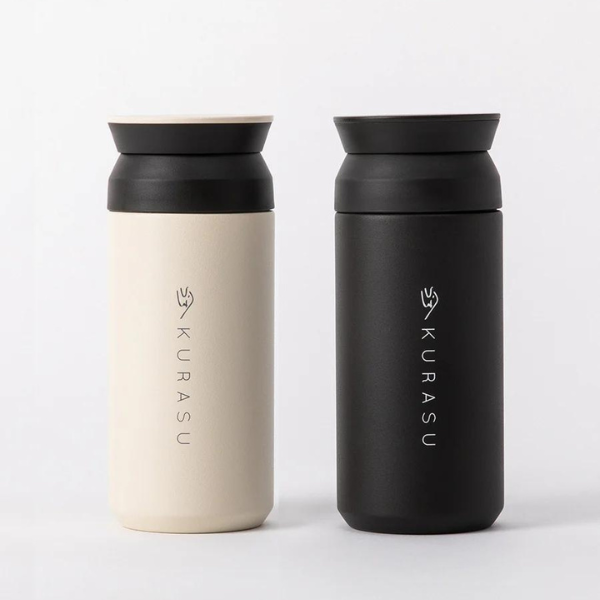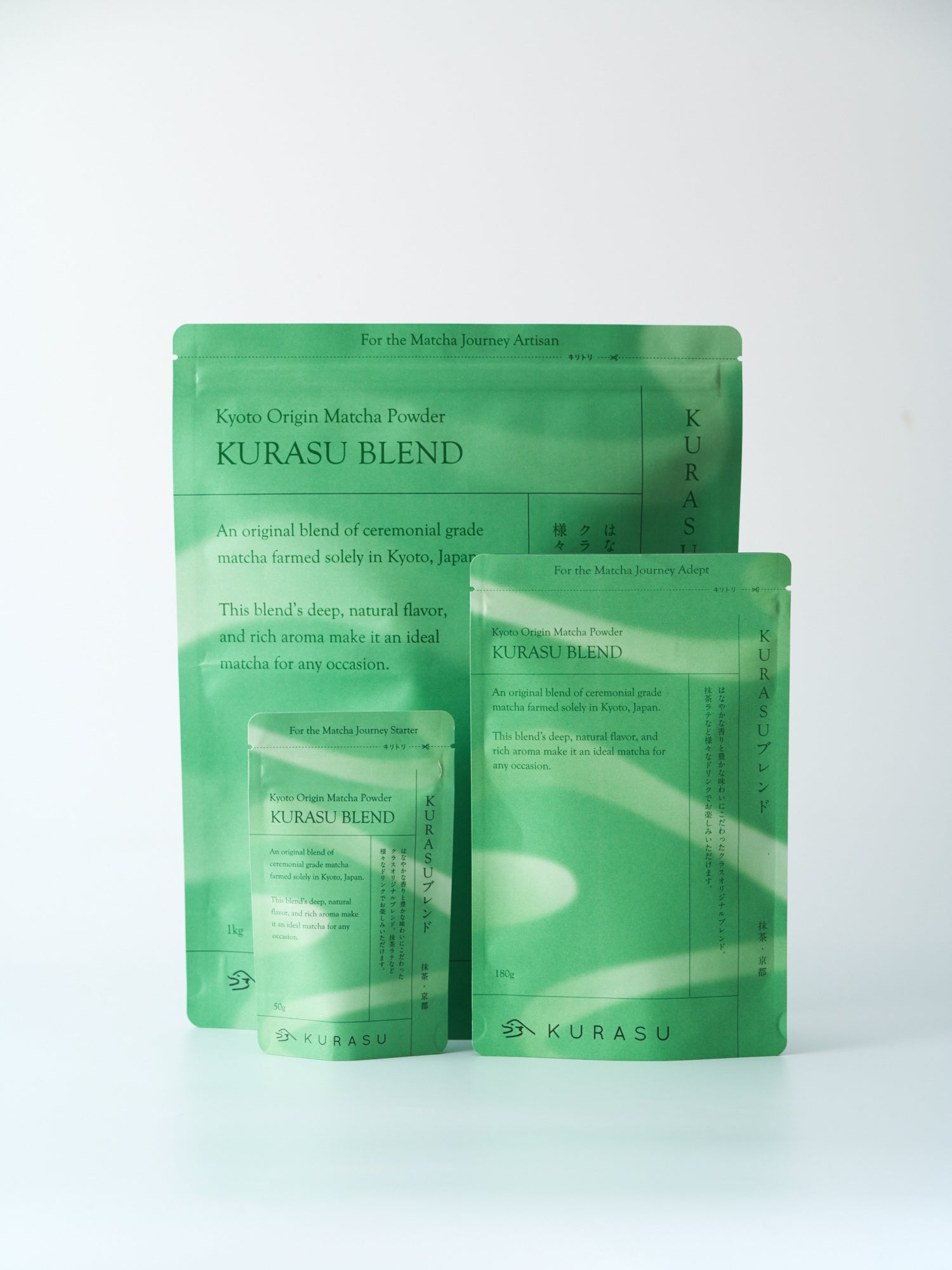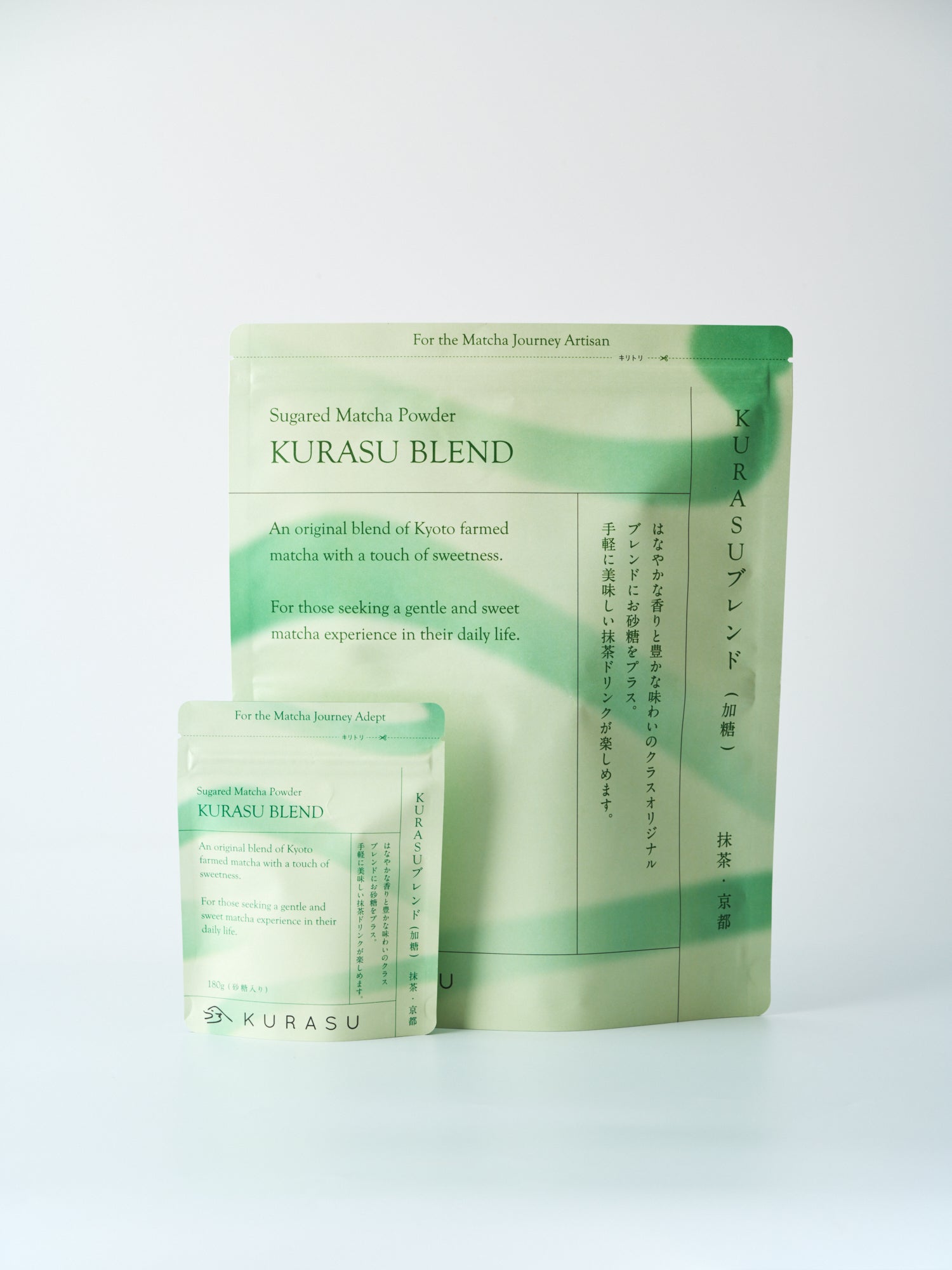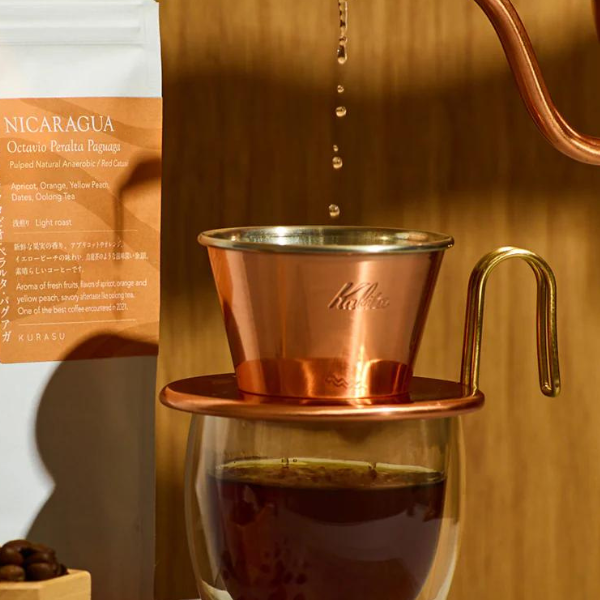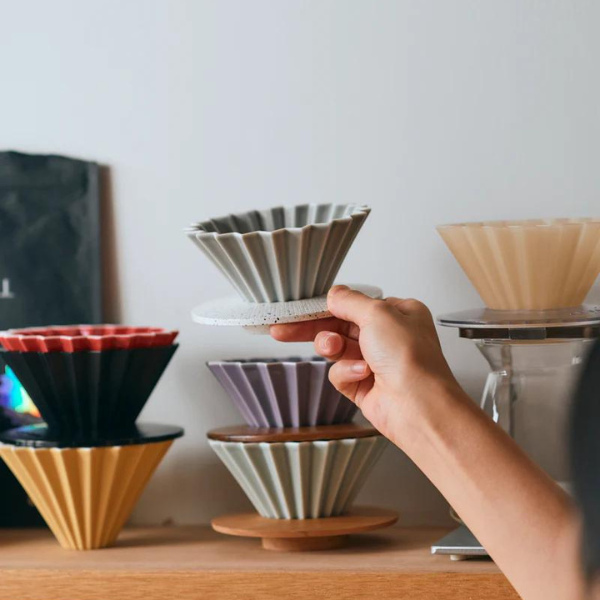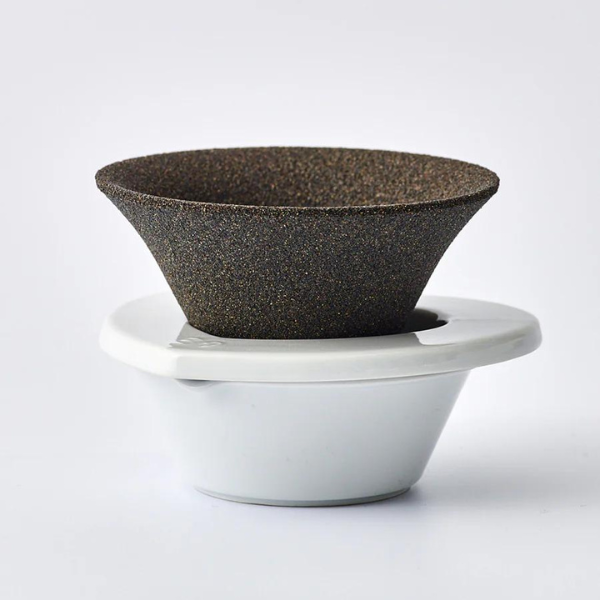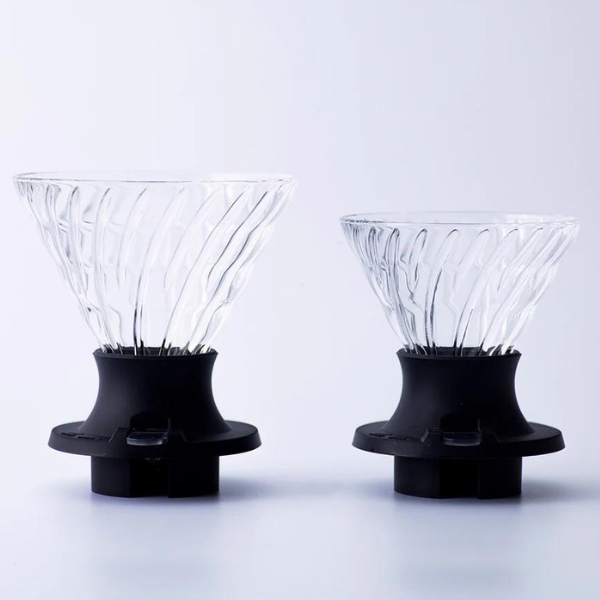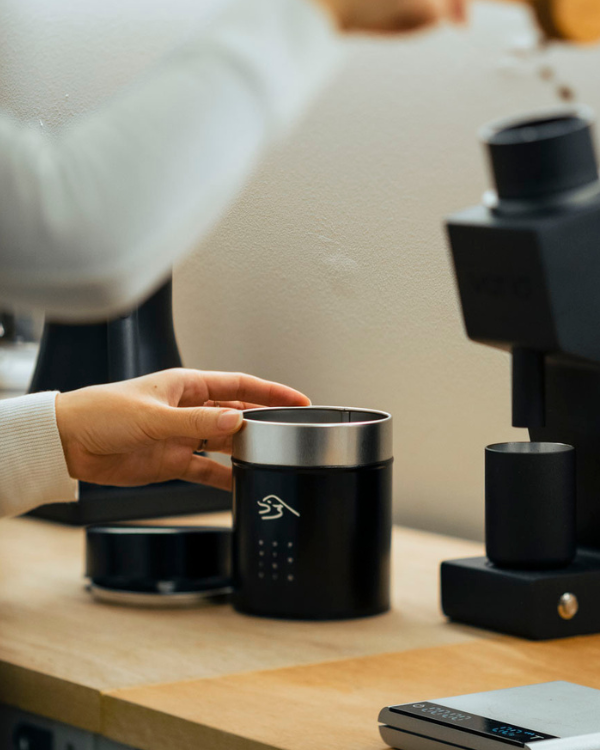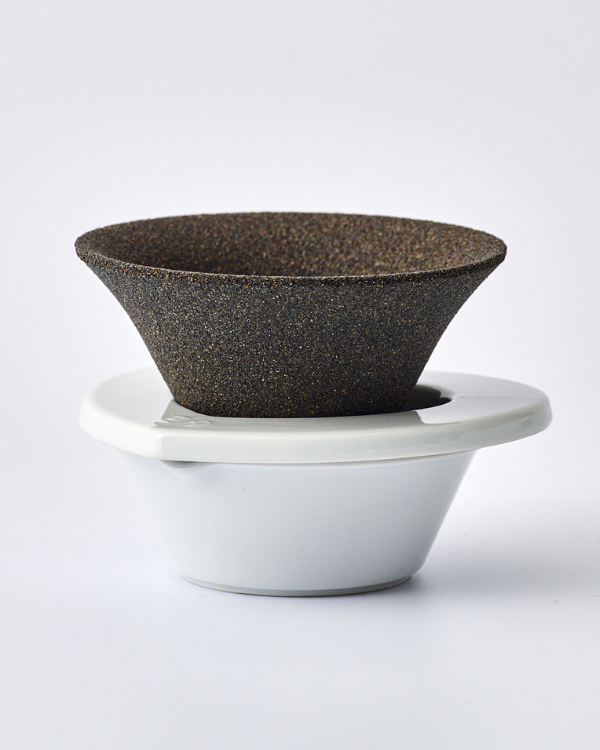No one questions choosing a glass of iced coffee on a hot summer day- however, some coffee have just so much to offer, you have to sometimes try something else as well.
Still in the height of heat, there are some coffees we dare to suggest, "how about try having this hot?"
And our Brazil Marciano Tomazini '24 is one of those coffees.
Brazil Marciano Tomazini '24

- Roast level: Light
- Process: Pulped Natural
- Variety: Catucai 785
- Cup's profile: Floral aroma, taste of mandarin orange, plum and black currant, hazelnut-like sweetness and accompanying aftertaste.
Flavors of coffee changes over the liquid temperature, and at each stage the cup reveals another layer of its complex aroma. Baristas would often call coffees with this type of characteristics "jiwa-jiwa" type, using an onomatopoeia that describes a process of slow development. Then, when the coffee is also a juicy one, we'd then modify that to a similar sounding one, "juwa-juwa", a play on words "juwa", another onomatopoeia associated with juiciness.
This is an attempt of not creating a quirky new category of coffee, but to capture and share this coffee's deliciousness appreciated at a highly sensorial level.
Do We Really Know What "Typical" of Brazilian Coffee Is?
What we love the most about this coffee is its vibrant acidity, quite atypical of Brazilian coffee. Their last year's crop wowed us with its beautiful, gentle gradient of umami so we had high hope- and they delivered so much more.
This year's crop is the same variety and was processed similarly to the last year's, but we were surprised by its bold, juicy fruitiness like Kenyan and Rwandan coffee. We are excited to follow this coffee's journey next year and onwards -from the opposite side of the globe- and we are so grateful for our importer, SYU・HA・RI san for making this wonderful encounter possible.

When we say a coffee is "typically Brazilian", it usually means that the cup has a nutty, almond-like sweetness at the base, followed by a mild acidity reminiscent of stone fruits. Usually a mild, "uneventful" cup.
But then we have this- should we say Brazilian coffee is evolving and renewing what should be expected to be typical of Brazilian coffee today? Or, is this an expression of generations of hard work, surfaced and discovered only today? When we encounter a coffee like Marciano Tomazini's, we can't help but question our preconception of "typical Brazilian coffee", wanting to dig even deeper into this joy of discovery.
Marciano-san and His Family
Marciano-san and his family has been producing coffee for over 25 years, but the last 5 years have seen a significant improvement in quality of their produce.
They used to be a mass production farm- but as the trend shifts, they started to see the importance of quality improvement.
Since the brothers inherited the farm to share, Marciano-san and his wife Josiane decided to dedicate their time more on the quality. Since 2006, they have been working hard on producing specialty coffee, welcoming a new variety, Catucai 785 to their farm, investing in their facility such as a pulping machine- all led them to keep ranking high in their regional contests.

The farm is in Espirito Santo, an East coast area with especially high altitude and extremely severe natural environment. On a small plot of land, skilled labourers hand pick the cherries to make this micro lot special, literally with a touch of human hands. Catucai 785 is a natural hybrid of Catuai and Icatu 785, said to suit the Espirito Santo's environment the best, showing their true potential.
"Less is More"
The green beans already have such unique terroir, so we did not want to change too much through our roasting. Instead, we went for "less is more" approach, to show the goodness it originally has. In that sense, we see this coffee as a simple, straightforward one to work with.

It's been a common practice for us recently to analyze the green beans and think about what the producers have for their product in mind, when their produce reaches the final stage of production. But for this coffee, if we develop* it too much it gives the nuttiness too much, but if we don't develop it enough the cup becomes flat and thin. This is a coffee that requires only the right amount of treatment, nothing less, nothing more. So we roast it imagining shaving off what's not needed, and carve out a round, final cup.
*Development: A second half of the roasting phase. This stage triggers a complex chemical reaction in green beans that have lost their water contents through the first half. Generally speaking, a long development phase will increase the body, reduce the acidity and enhance the sweetness. A short one on the other hand will leave the acidity sharp.

It would be lovely if our roasting team and baristas can all visit Espirito Santo one day, to feel the terroir- so that we can bring back the scenery with us in our mind, sharing so much more about this coffee with you.
Enjoy it Slow, Let it Flow
This summer is surely dragging on- so we run the A/C constantly, but then the extreme repeat of cold and hot gradually numbs our senses and reduce them into a simple, binary way of thinking. But when we try a bit harder, waking up early to go out, or stroll by the Kamo river in the evening, we suddenly notice a change in a wind or a color of the sky that subtly tells us that the season is changing.

If you capture such moment in life, brew this Marciano Tomazini.
Not when you are in rush, but when you are feeling calm- or, you can brew this coffee to change the mood and slow down. The profile changes as the temperature changes, so having little sips as you read would also be a great way of enjoying this coffee.
Japanese sweets also pairs very well too, but of course, it tastes so good on its own. Try Brazil Marciano Tomazini, feel the "jiwa-jiwa" and "juwa-juwa" gently spreading and healing your soul.

